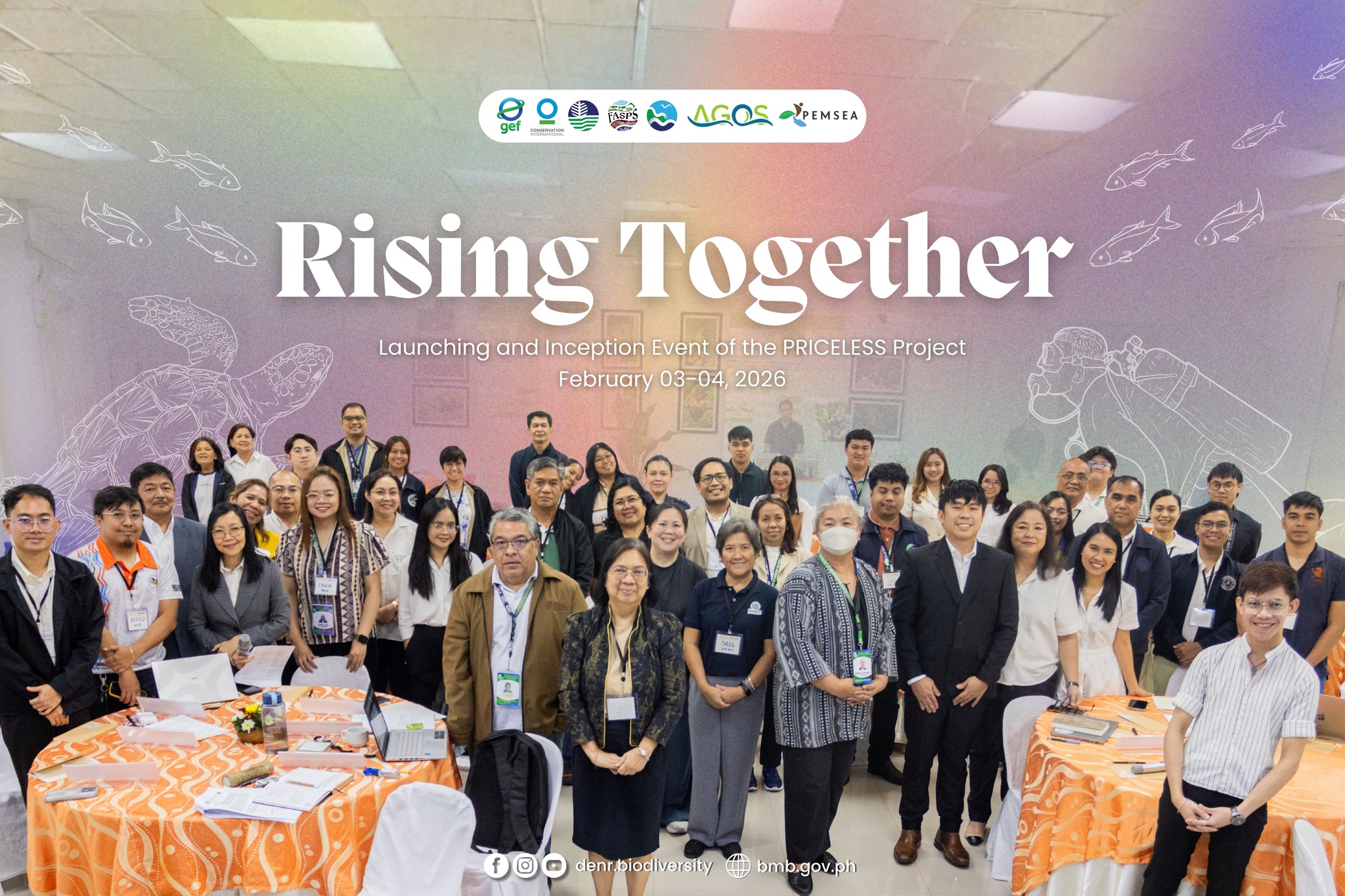PEMSEA on Air: "Manila Bay: Challenges and Opportunities"
Wednesday, 23 January 2008

Manila, Philippines — The challenges and opportunities in the restoration and management of Manila Bay was the focus of the Kalikasan, Kaunlaran! (KK!) radio program on DZRH-AM last 28 November 2007.Ms. Maricor Ebarvia-Bautista, PEMSEA Technical Officer for Environmental Investment, joined Ms. Marilou Erni, Executive Director, Petron Foundation and President of Bataan Coastal Care Foundation, Inc., and Ms. Eva Matibag, Wastewater Department Manager, Manila Water as panelists of the radio program. Dr. Cora Claudio, President of EARTH Institute Asia, facilitated the discussion.Manila Bay priority concerns discussed during the program included water pollution, habitat restoration, livelihood programs, and hazard and risk management.Ms. Matibag of Manila Water, a local water franchise that provides water and sewerage services to 5.1 million Metro Manila residents, mentioned that, currently, only 10 percent of Metro Manila residents are connected to a sewerage system. The GEF/World Bank-funded Manila Third Sewerage Project (MTSP) is hoped to increase access to a sewerage system to 30 percent by 2010. Ms. Matibag encouraged residents not connected to the sewerage system to avail of Manila Water's free desludging services.One of Petron Foundation's corporate social responsibility initiatives is in the Province of Bataan where one of Petron's refineries is located. Together with PEMSEA, members of the private sector in the Bataan economic zone, the local government and civil society groups, Petron Foundation formed the Bataan Coastal Care Foundation which undertakes the implementation of an integrated coastal management (ICM) program in partnership with the province. The need for synchronization of activities of the various stakeholders along with private sector commitment was emphasized by Ms. Erni in order to effectively address primary concerns such as habitat restoration and livelihood programs.Hazards, both natural and man-made, and the lack of government capacity were identified by Ms. Ebarvia-Bautista as some of the major issues that PEMSEA is addressing through technical assistance and private-public partnerships (PPPs). By providing risk assessment studies, governments are able to identify which of the many related coastal concerns should be prioritized, while PPP enables governments to tap other sources of environmental funding. The implementation of the Manila Bay Coastal Strategy has resulted in several programs and projects, including risk assessments, coastal use zoning plans, an oil spill contingency plan and the recently launched Manila Bay Area Environmental Atlas.




